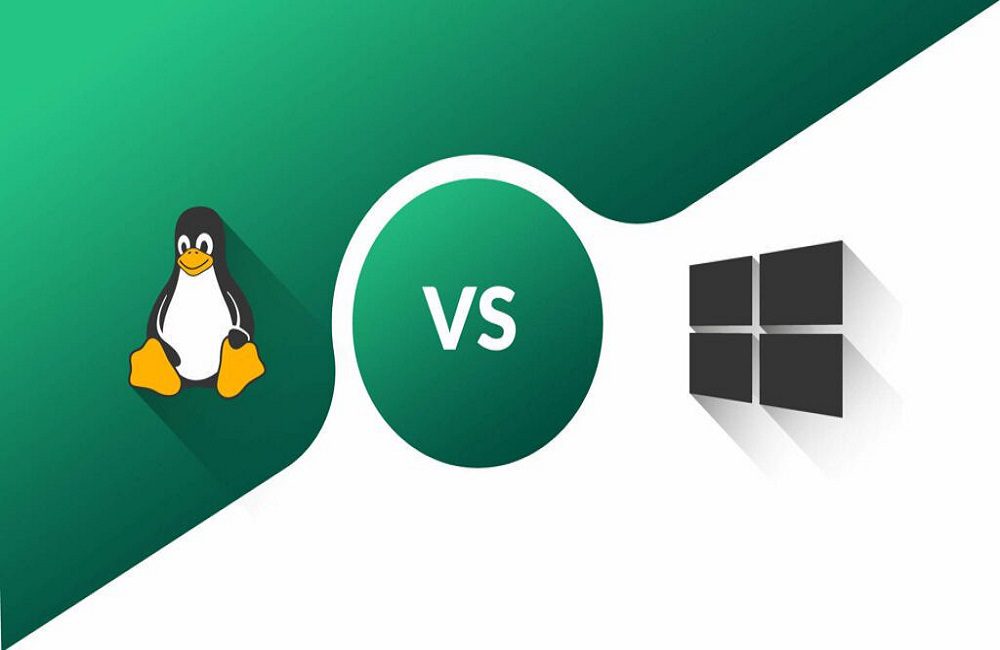Most modern businesses need hosting, as the web presence has become the necessary conditions for prospering. Among possible hosting solutions, Virtual Private Server is becoming more and more popular. The reason for this is its nature, which combines the advantages of both shared hosting and dedicated hosting – a rather high level of functionality and security and a fair price. So, this solution is good for most businesses, whose websites aren’t too small but do not need to run very powerful software at the same time.
What is VPS?
VPS is a server solution obtained through virtualization technology: the capacities of one single physical server are divided between several customers. But, unlike shared hosting, each customer’s server runs independently from the “neighbors”, having its own operating system and dedicated resources. The VPS is fully isolated and each customer chooses on their own, which software to install, when to reboot their server, they have their own root access, memory. To put it short, in operation a VPS is almost identical to a dedicated server, but for a much lower cost.
Linux VPS vs Windows VPS
As soon as you’ve decided to rent a VPS, the next important decision you should make is to choose which operating system to install on it. The options are two: Linux or Windows. In many ways, both options share lots of basic functions, but they differ in many ways as well, and the choice depends on the particular needs of the business. So, let’s have a closer look at the specifics of both operating systems to find out, for which purpose each of them suits better.
Cost
The cost is the difference you see at the first sight: Linux is free, Windows is not. When choosing Windows, you should take into account the licensing fees. Windows, as a corporate operating system, is aimed at certain, more specific tasks. If these aren’t what you opt for and you have a more limited budget, Linux is a more rational choice, since Linux VPSs are always cheaper.
Technical Considerations
Another important point and, as a matter of fact, the core difference between the two operating systems is their technical particularities. For the most part, this difference lies in the software they support. So, if you want to go for such classic web-application frameworks as ASP or APS.NET, then you should obviously opt for Windows VPS. If you are more interested in open source solutions like PHP or MySQL, Linux would be a better choice. In addition to them, Linux offers numerous distribution options such as Debian, Ubuntu, or CentOS, which gives you also certain freedom of choice when organizing your web presence.
User-friendliness
If you are a more entry-level user and you don’t have a team that will do everything for you, then it may be easier for you to start with Windows VPS, since it has more familiar to most Windows users graphical interface, instead of command line offered by Linux. The latter requires more technical savvy, but at the same time is considered rather efficient for many tasks and eventually easier. Furthermore, if you don’t have so far experience in working with a VPS operating system, you should keep in mind that working with it on a PC and using it for managing your VPS is quite a different activity and you’ll have to learn much anyway.
The main advantages of both systems
To sum up, we can say the following about the benefits you get when selecting Windows or Linux for your VPS.
As for Windows, it is in the first place a corporate and closed source software with centralized support and development. This provides that the OS is updated more regularly and that your requests are responded more quickly and, probably, more professionally. It requires less technical know-how than Linux, and its interface is more familiar to regular users. But you still have to remember, that working with a VPS operating system is quite a different story. Also, Windows has some benefits for corporations presented by the active directory and the ability to push policies to employees.
As for Linux, this one is open source and free which makes it more flexible and suitable for lower budgets system. Being open-source, it is better protected against cyber-attacks as the developers’ community is able to fix the bug and other weak points more promptly. As already mentioned, it’s better suited for smaller-scale projects, nevertheless is also loved by many developers for giving them more freedom in performing tasks. So, if you have sufficient experience on your own or a team of professionals, and extra functions for corporations do not attract you so much, then Linux will be a wise choice as well.
Conclusion
As you have seen, both operating systems have their own specificities which suit better to certain businesses, with Windows being generally more useful for corporations with higher budgets and Linux for the rest of the possible users. If you aren’t sure so far which OS suits your VPS best, don’t hesitate to contact HostZealot’s support team. Also, make sure to check out their Ubuntu VPS Server. Thank you for your attention and have a nice day!


